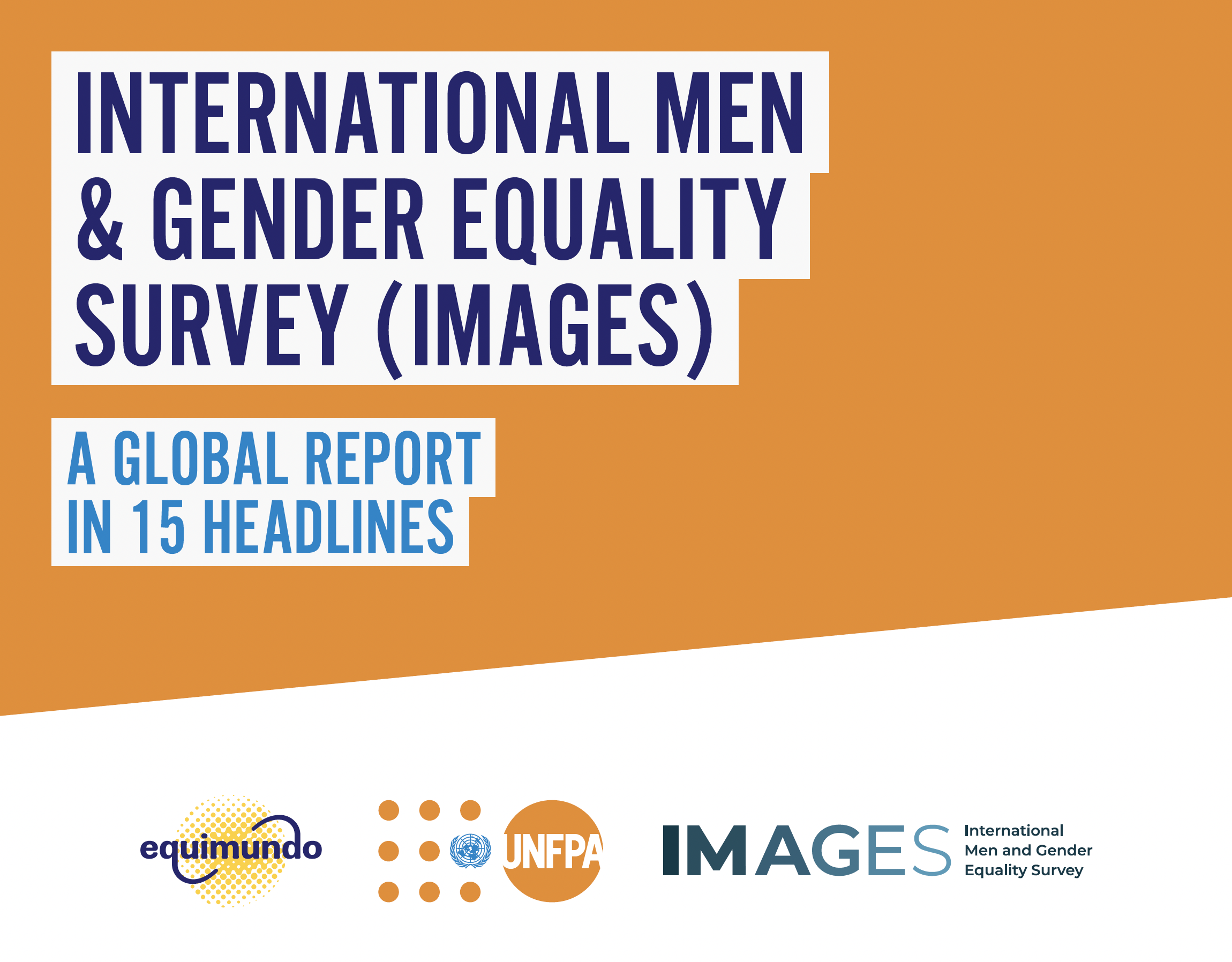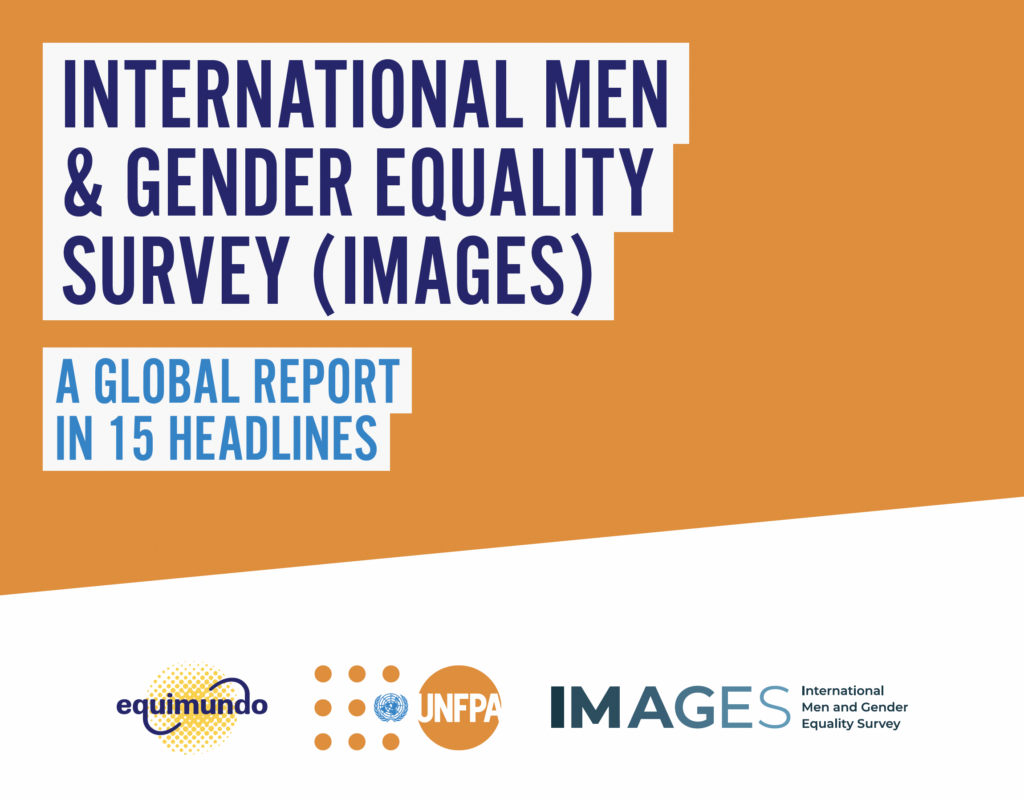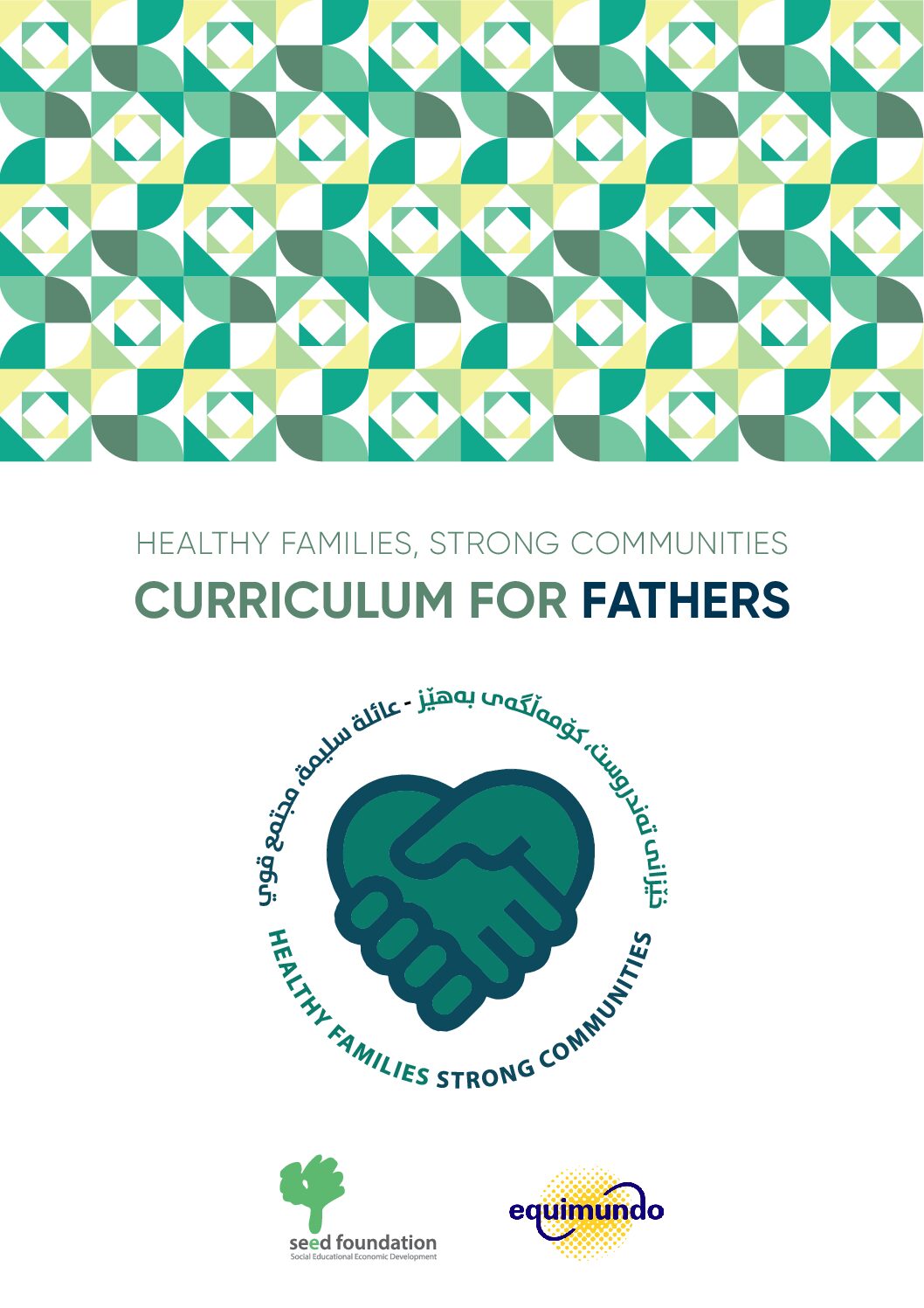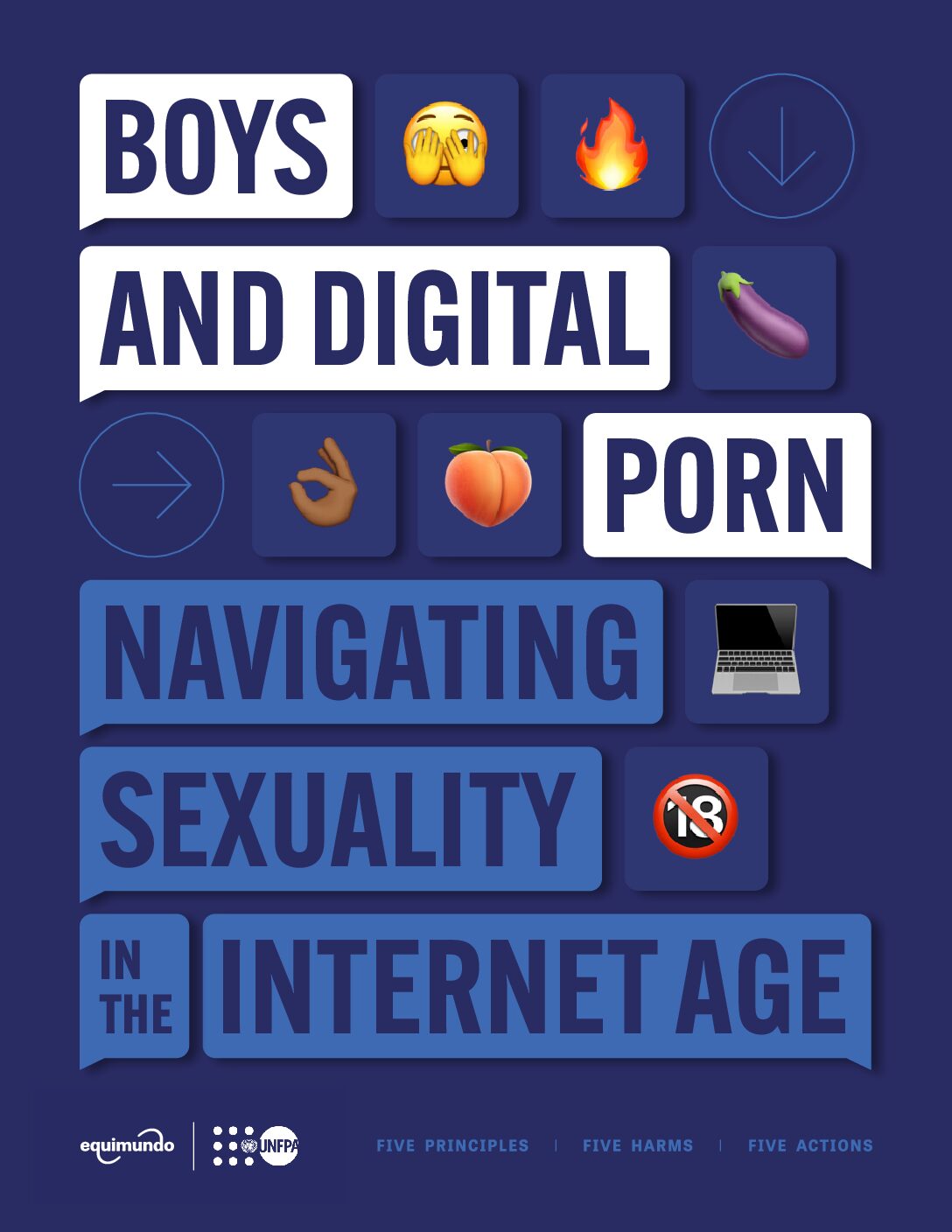A key driver to achieving meaningful gender equality is understanding not only women’s attitudes but men’s too, alongside their behaviors inside and outside the home and actively working to engage them as allies for equal rights.
So where are men on gender equality? What do they really think? And are these attitudes similar or different according to country and cultural setting? To shed light on these vital questions, Equimundo and the United Nations Population Fund (UNFPA) have released a new study revealing 15 years of data from the International Men and Gender Equality Survey (IMAGES), the most comprehensive global study investigating men’s attitudes and practices, with the aim of identifying pathways to achieving gender equality and ending violence against women and girls.
For over a decade IMAGES (initially created by Equimundo and the International Center for Research on Women), has worked extensively with local partners, including with the support of UNFPA, to conduct in-depth research with over 67,000 men and women across 32 countries in crucial areas such as gender-based violence; health, including sexual and reproductive health; division of household labor; and participation in caregiving and fatherhood and have used this evidence to drive and inform government policy at a local and global level.
Key Findings of 15 Years of IMAGES:
- Men who witnessed violence as children, particularly against their mother, are twice as likely to use intimate partner violence in adulthood.
- Across 15 IMAGES countries no men in any age group have as progressive or equitable views as women.
- 61% of men say they are frequently stressed out or depressed because of not having enough work or income.
- The majority of women around the world do not have the final say on how they spend their free time.
- Nearly half of men have grown up seeing their fathers rule their homes: 50% of women and 48% of men said men were the sole decision makers regarding large financial investments in their childhood home.
- On the other hand, many men have never seen their fathers do any work around the home: 35% of men say their fathers did not participate in any household tasks while growing up.
- In countries affected by conflict, the wounds to men are deep: Of men surveyed: 80% in Afghanistan experienced at least one direct conflict experience, 23% in El Salvador had experienced torture, 16% in Serbia had fought in wars and 80% in Rwanda were genocide witnesses/survivors.
- One area where the world may be moving slowly toward greater equality is in reproductive lives: 65% of women and 75% of men say final decisions about contraception are shared equally.
- Homophobia is still prevalent: The majority of men agreed with the statement “I would be ashamed if I had a homosexual son.”
- The study also affirmed the power of gender equality in the home paying forward: Women and men who grow up seeing gender equality practiced in their households as children hold more equitable attitudes as adults.
- Men who live and believe in gender equality are healthier and happier while men with restrictive gender attitudes are more likely to engage in harmful behaviors like risk-taking, substance abuse and more prone to depression and suicidal thoughts.




